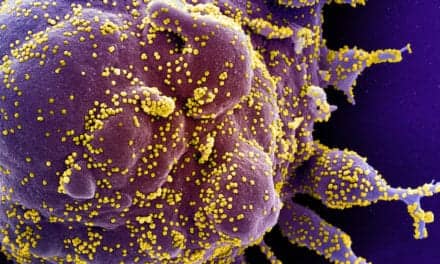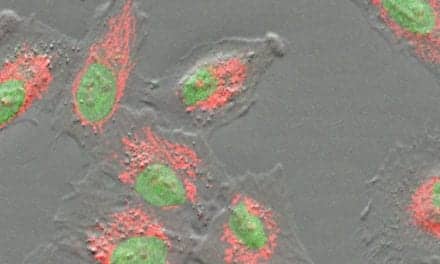The Joint Pathology Center (JPC), the premiere pathology reference center for the United States government, has selected the Concentriq platform from Philadelphia-based Proscia for a complete transformation of its pathology practice. At the center of this modernization effort, JPC will digitize its tissue archive, the world’s largest repository of human pathology specimens, to capitalize on this invaluable source of medical data. The digital repository will provide increased access to data for driving medical advances related to infectious diseases and cancer as well as accelerate the development of computational pathology applications establishing diagnosis, prognosis, and personalized therapies for patients.
The Joint Pathology Center seeks to preserve, modernize, and grow the nation’s oldest tissue repository to promote biomedical research. Over the past century, it has collected approximately 55 million glass slides, 31 million paraffin-embedded tissue blocks, and over 500,000 wet tissue samples, which have provided critical insight into understanding of current and future disease; data from the repository was used to sequence the 1918 influenza virus that killed more than 40 million people worldwide and can similarly help to combat covid-19.
The rise of digital pathology, which captures high-resolution images of tissue specimen, is enabling JPC to realize even more value from its data by making it readily accessible to clinicians, pathologists, and healthcare data analysts. Digital pathology also gives way to the introduction of computational pathology applications leveraging artificial intelligence to unlock new insights that drive drug discovery and routine diagnosis.
As digitizing the world’s largest human tissue archive depends on scalable software infrastructure, JPC has selected Proscia’s Concentriq digital and computational pathology platform to provide this foundation. Concentriq is a singular image and data management platform that unifies pathology operations across the connected enterprise and accelerates workflows. With Concentriq, JPC will provide its network of researchers with intuitive, secure access to its data and streamline collaboration, enabling them to more easily analyze thousands of diseases and find new ways to fight them. Additionally, JPC will deploy Concentriq to digitize its routine pathology consultations and overcome the delays that result from sharing physical specimen in an effort to improve patient outcomes by providing accurate, timely pathology findings.
Digitizing the repository also holds significant potential for advancing the development of computational pathology applications spanning diagnosis, prognosis, and personalized care. Training and validating even a single application requires massive volumes of images to ensure that it can account for the variability seen in practice, and JPC’s archive is unmatched in its ability to provide this data for countless diseases and use cases. As JPC delivers these applications, it can deploy them, along with other computational solutions, into its research and clinical workflows leveraging Proscia’s Concentriq.
“JPC’s modernization effort marks a monumental leap forward for the field of pathology, and we’re excited to be a part of it,” says David West, CEO of Proscia. “Concentriq sits at the intersection of digital and computational pathology across research and clinical practice, providing JPC with the tools needed to finally realize the full promise of its data and transform routine diagnosis.”
For more information, visit Proscia.
Featured image: A pathologist uses the Concentriq digital pathology platform to examine a whole slide image of a biopsy.|





